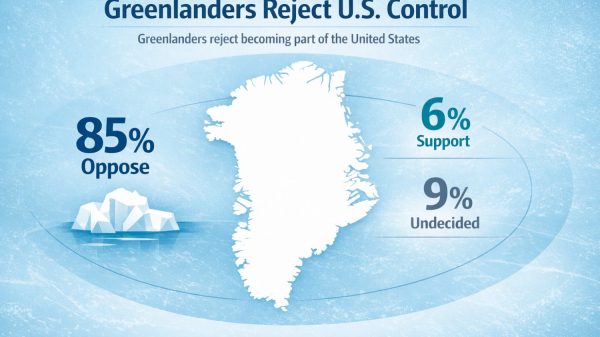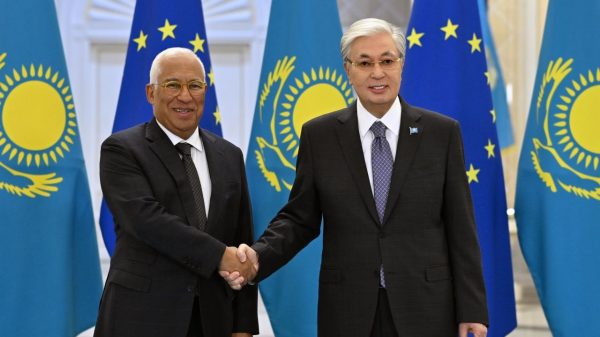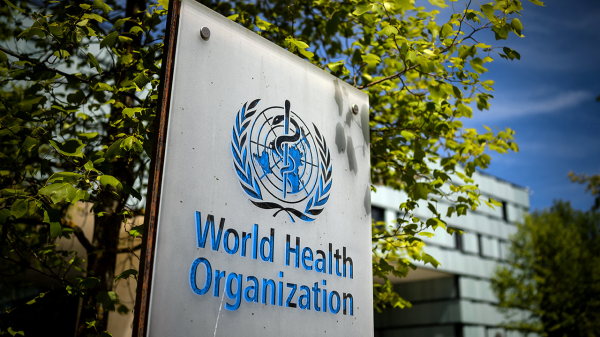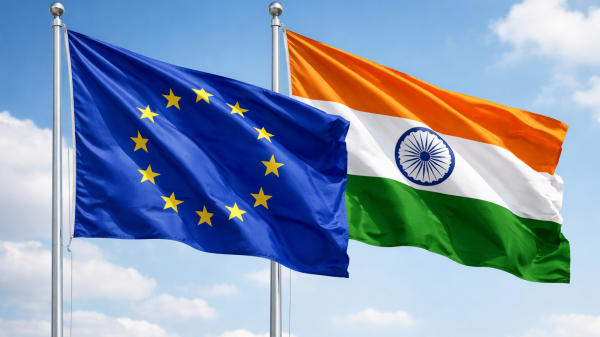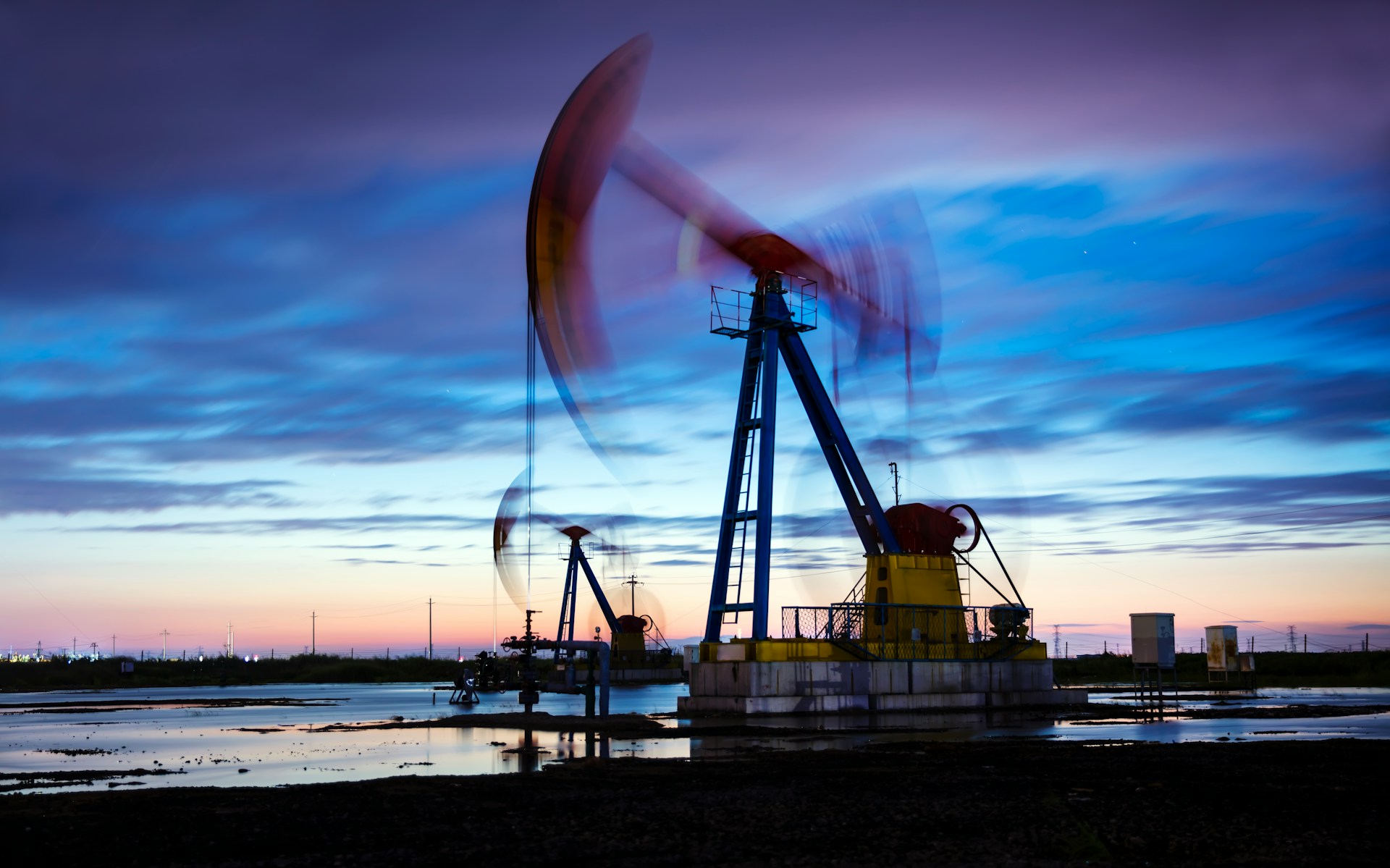Libya is a nation spiralling out of control. The fragile truce between the U.N. backed ‘Government of National Unity’ in the West, under Prime Minister Dbeibeh, and the Government of National Stability, led by Osama Hamada, in the East looks set to come to an end. The latter is supported by General Haftar and his Libyan National Army (LNA) who remain the key power brokers for the Government of National Stability due to their military capabilities.
Tensions between the two sides have increased as each government fares differently. While the LNA has strengthened its military capabilities, the Government in the West has become increasingly mired in political infighting as Ministers look to secure their position.
This dispute has provided an opportunity for the LNA to advance through Eastern Libya taking key land that includes key oil infrastructure. This has left both the UN-backed Government of National Unity and wider European nations in an uncertain position with economic leverage now controlled by Haftar’s forces.
For European states, this once again raises serious questions around the security and reliability of the Libyan oil market. Already, the political stand-off in Libya has contributed to a sharp rise in global oil prices. With sanctions still in place on Russian oil and gas, European nations remain eager to continue their energy relations with Libya, but the renewal of conflict threatens this position at a time when energy security within Europe is already being questioned.
The NOC’s impact also extends to Ireland, as Irish Training Solutions, founded by former members of the Army Ranger Wing, Ireland’s elite special forces unit, has been training troops loyal to Haftar. Though ITS claimed it never had a contract with Haftar and has instead been training personnel for the NOC to provide security services.
The past few days have seen these concerns escalate with the Government in the East announcing the closure of key oil fields. This comes as a retaliation to actions from Prime Minister Dbeibeh’s attempts to replace the Governor of the Central Bank of Libya, Sadiq al-Kabir, with their own preferred candidate. This position holds great control over the billions of dollars of oil revenue and with it much of Libya’s economic power.
Therefore, any wider shutdown is likely to have a much greater economic and political impact than the similar closure of Libya’s largest oil field, El Sharara, closed by the LNA several weeks ago. El Sharara is capable of pumping 300,000 barrels of oil a day and is operated by Akakus Oil Operations which is a joint venture between Spain’s Repsol, TotalEnergies, Austria’s OMV, Norway’s state-controlled Equinor and Libya’s state-owned NOC. 80% of the oil from El Sharara goes to Europe through these operators.
The unexpected shutdown came in the wake of General Haftar’s son, Saddam, aborting a visit to watch Libyan football in Italy when he understood a Spanish arrest warrant would see him detained. To apply pressure to the Spanish authorities Saddam closed El Sharara and with it any profits for Repsol. The almost total lockdown helped demonstrate the economic strongarming from the NLA and helped paved a way for these new lockdowns to disrupt the oil industry even further.
This new shutdown includes many more oil fields operated by key European companies that supply European markets. Libya’s National Oil Corporation (NOC), under Farhat Bengdara, has not confirmed whether production had been shut down, but the markets have already reacted. This lack of clarity by the NOC has helped this shutdown has caused a 3% increase in brent crude oil prices since Monday.
The NOC’s apparent position of neutrality seems to also be compromised as NOC subsidiary the ‘Waha Oil Company’ has announced its own plans to reduce output gradually at the request of the forces in the East.
If the NOC has broken this crucial neutrality by submitting to the requests of the LNA then this marks an end to the delicate balance of power within the oil industry. With the backing of one of Africa’s largest oil industries behind them, the Government of National Stability are likely to feel emboldened to further extend their reach.
Pressure will be on the European Union to play a diplomatic role in facilitating the re-opening of Libya’s oil fields and the de-escalation of conflict. The ramifications of another conflict on Europe’s shores will be something European leaders are keen to avoid.







